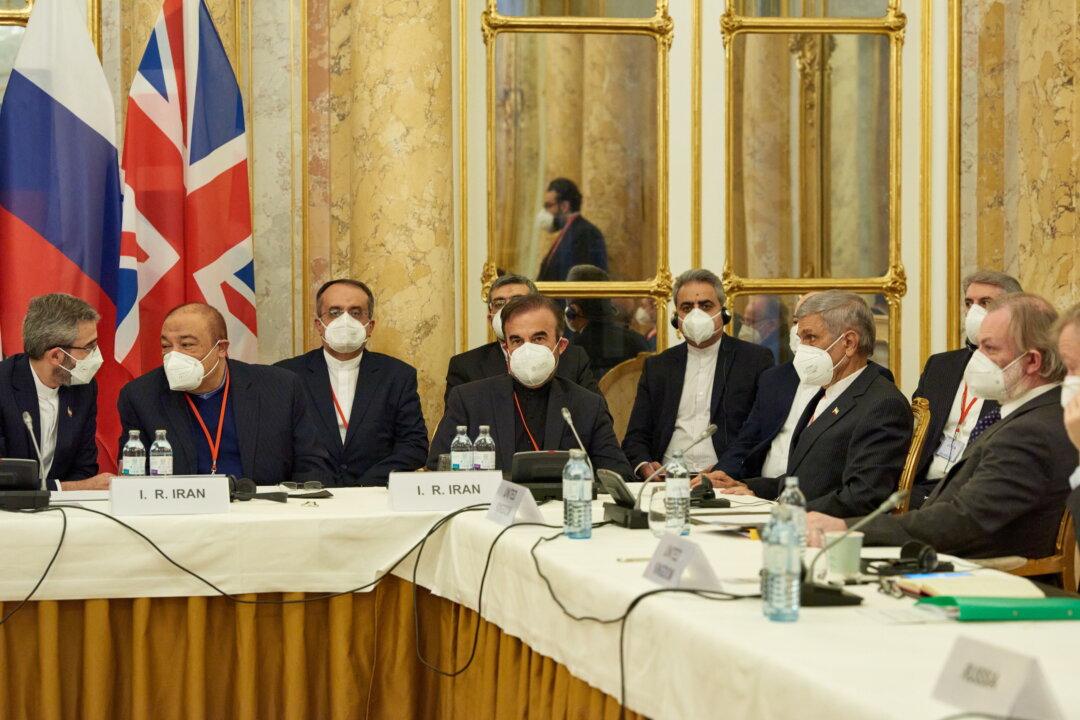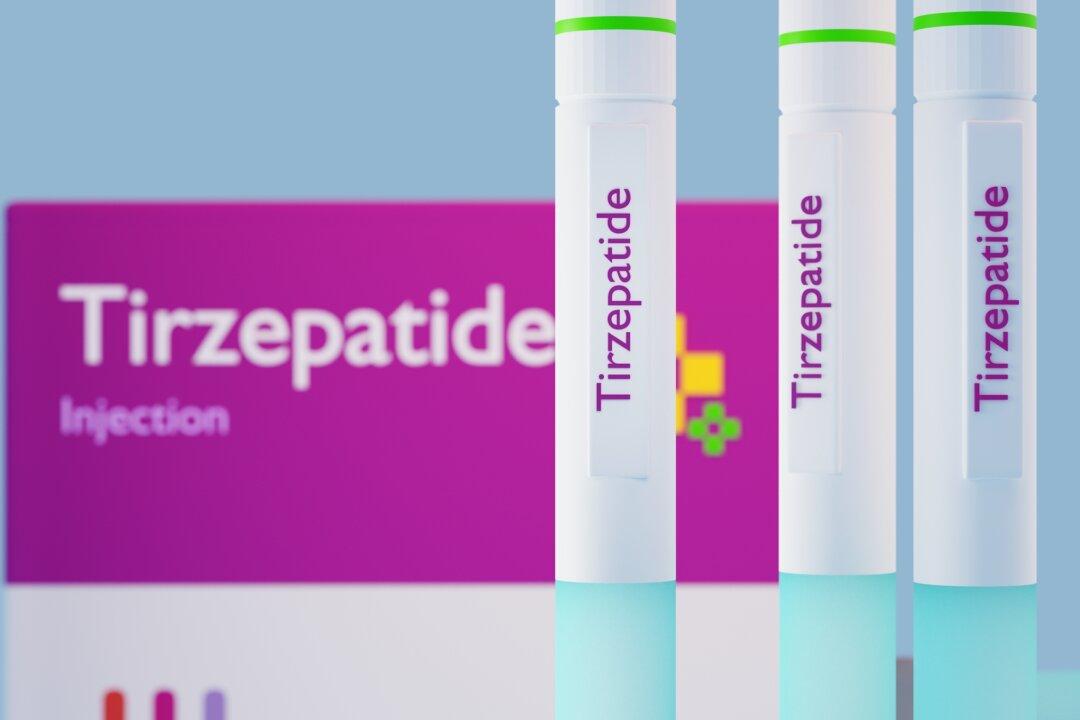After leaving for more than five months, Iran returned to talks on a nuclear deal on Monday in Vienna, doubling down on its demand that sanctions must be lifted to salvage the deal.
In June, the talks between Tehran and six other parties—the UK, France, Germany, Russia, China, and the EU—were put on hold because Iran had a new, hardline president, Ebrahim Raisi, at the time.





